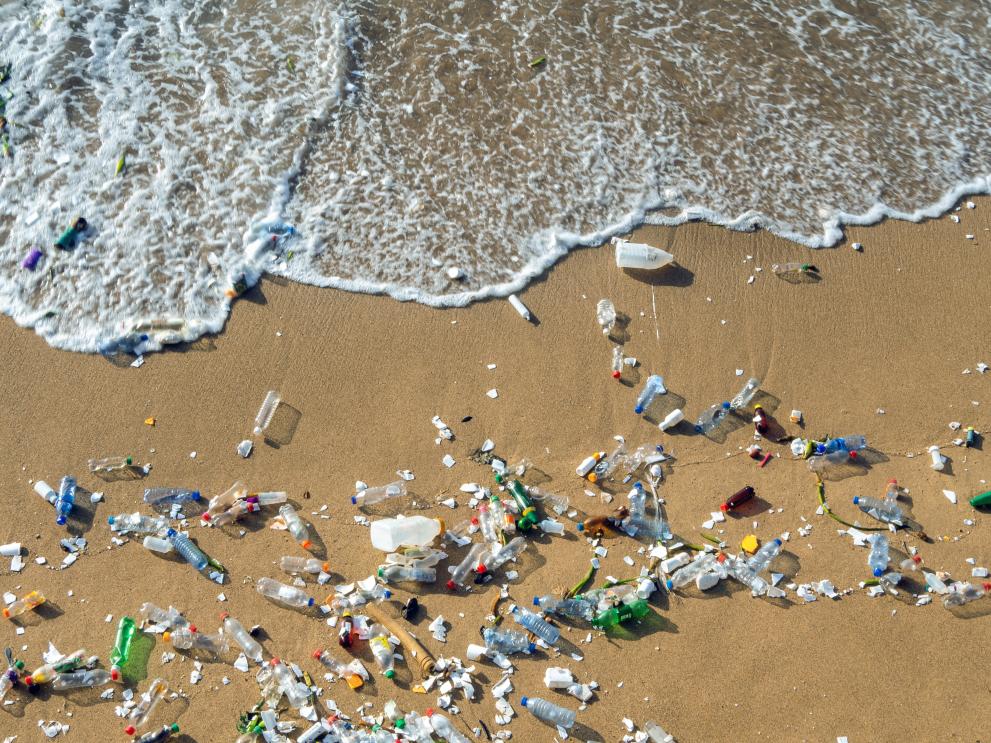
Yesterday finished the third session of the International Negotiating Committee (INC) on Plastic Pollution which took place between 13-19 November in Nairobi, Kenya. UN Member States decided to go ahead with the preparation of a draft treaty text before the next round of negotiations in April. With this step, the process leading to a legally binding global agreement on plastic pollution, which was initiated in March 2022, is entering a more advanced phase. Full textual negotiations can start at the next INC meeting in Canada in April 2024.
The EU is taking a leading role in global action on plastics, as demonstrated by its support for the setting up of the High Ambition Coalition to End Plastic Pollution. The Coalition advocates for an ambitious and effective treaty covering the entire plastics lifecycle to end plastic pollution by 2040.
Commissioner for the Environment, Oceans and Fisheries Virginijus Sinkevičius said:
“Plastic pollution is increasingly polluting our planet, and it doesn’t stop at borders. The plastic crisis can only be halted when the global community comes together to take ambitious measures. The outcome of last week’s meeting in Kenya is an important step towards a global agreement, which will benefit nature, biodiversity and public health in Europe and worldwide.”
The European Commission has furthermore proposed new rules to tackle waste from plastics and plastic packaging, as well as microplastics, in line with the EU’s Circular Economy Action Plan under the European Green Deal.
Background
Whilst plastic materials have become an integral part of our lives, the way in which plastics are produced, used and disposed, is harmful for the environment. Each person in the EU generated an average of 35.9 kg of plastic packaging waste in 2021. At the same time, the recycling rate was only 39.7%. Moreover, the overall amount of plastic waste continues to steeply increase, with plastic production expected to triple by 2060. Between 2011 and 2021, the amount per capita of plastic packaging waste generated in the EU increased by 26.7%.
More information
EU action to address plastic pollution
Details
- Publication date
- 20 November 2023
- Author
- Directorate-General for Environment

